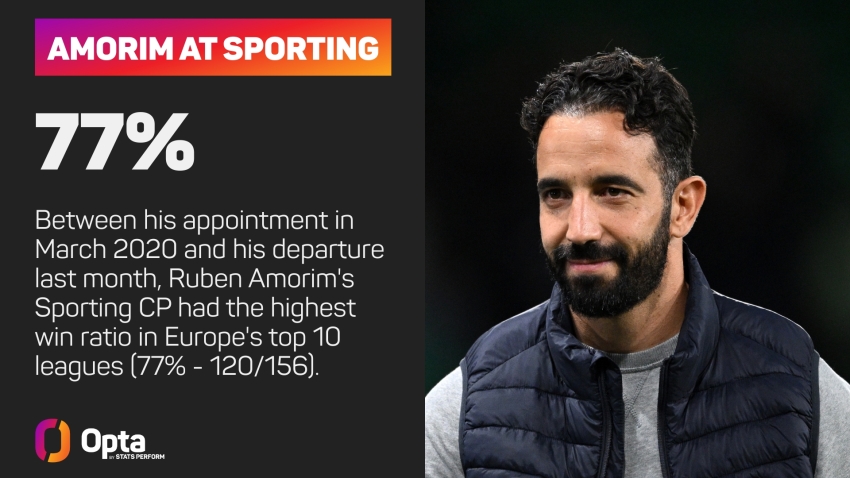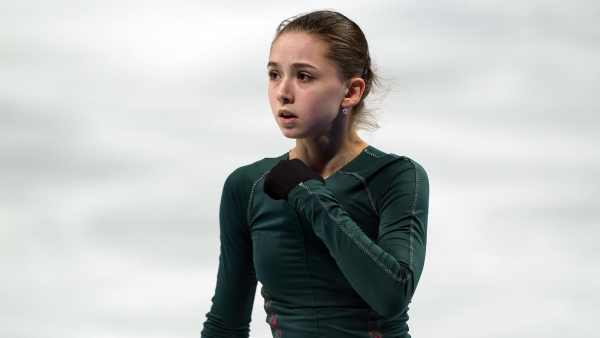A four-year doping ban has been imposed on Russian figure skater Kamila Valieva, with her results at the 2022 Winter Olympics disqualified.
News that Valieva had tested positive for a banned substance, trimetazidine, during the Russian national championships in December 2021 emerged during the following year’s Winter Games in Beijing. She was 15 years old at the time.
The subsequent legal case reached the Court of Arbitration for Sport (CAS), which ruled on Monday that Valieva had been unable to establish that the anti-doping rule violation had not been committed intentionally.
The start of the four-year ban is backdated to the time of the failed test, meaning it will run until Christmas Day 2025.
CAS confirmed all Valieva’s results subsequent to the failed test had been disqualified and that she would have to forfeit any medals won during her period of disqualification, which would include the team gold she won with Russia in Beijing.
The United States finished second to Russia in the team event, but CAS said “the consequences linked to the retroactive disqualification of Ms Valieva from past events, including from the Olympic Winter Games Beijing 2022, were not within the scope of this arbitration procedure and will have to be examined by the sports organisations concerned”, which means that any decision on reallocation of medals will have to come separately.
The International Olympic Committee has been contacted for comment.
Despite news of her positive test emerging after the team event, Valieva was cleared to compete in the individual event, but failed to finish in a medal-winning position. Even if she had secured a spot on the podium, the IOC had stressed before the individual competition that medals would not be awarded until a full investigation had been completed.
In its decision on Monday, CAS said it had found Valieva’s age at the time of the doping violation had no bearing on the sanction it should impose, and that there is a burden on athletes of all ages to prove there had been no intention to commit the violation.
The CAS decision is final and binding, but parties in the case have the right of appeal to the Swiss Federal Tribunal within 30 days on limited grounds.


























